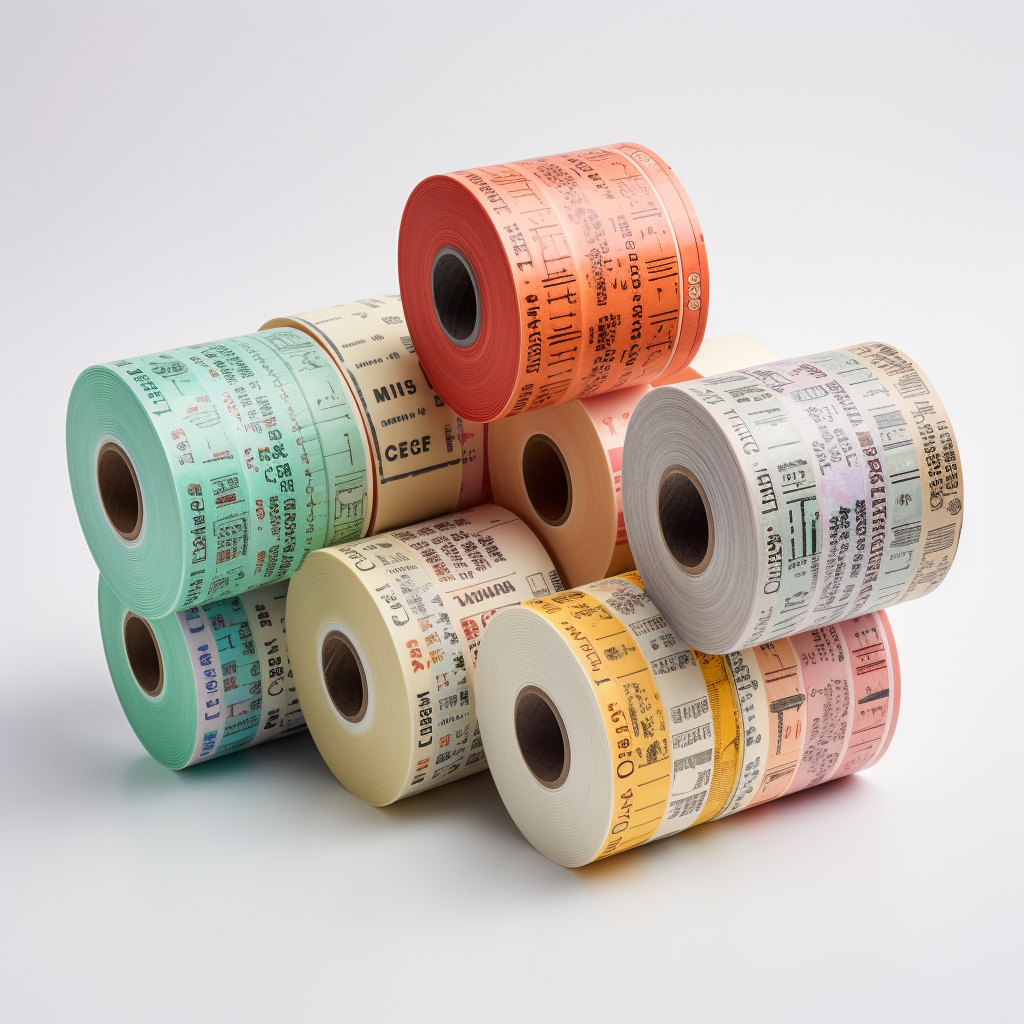Product lifecycle management is a comprehensive approach that encompasses the entire journey of a product, from its creation to disposal or recycling. Traditionally, this process has been challenging to track and manage, leading to inefficiencies and missed opportunities for conservation. However, the advent of advanced labeling technologies has paved the way for more effective and sustainable product management strategies.
One notable application is the use of 2D barcodes and RFID tags to enable deposit return systems (DRS). DRS initiatives aim to incentivize consumers to return used containers, such as beverage bottles, by offering a refundable deposit. With labeled containers, scanning technology can quickly and accurately identify and process returned items, ensuring a seamless and efficient deposit return process. This not only promotes recycling but also reduces waste and encourages responsible consumer behavior.
Additionally, labeling technologies play a crucial role in raw material identification for waste management and recycling. By incorporating unique identifiers into labels, such as RFID tags, manufacturers can track and trace the origin and composition of materials used in their products. This information is invaluable for efficient sorting and recycling processes, as it enables precise identification of recyclable materials and ensures proper handling and treatment. As a result, waste management systems become more streamlined, reducing environmental impact and maximizing resource recovery.
Labeling systems also contribute to product authenticity and enable resell and reuse initiatives. Counterfeit products pose significant risks to consumers, brand reputation, and the environment. By integrating secure labeling solutions, such as tamper-evident labels or RFID-based authentication tags, manufacturers can establish product authenticity and combat counterfeiting. These labeling technologies provide traceability and verification throughout the product's lifecycle, enabling confident reselling and facilitating the transition to a circular economy.
With countries and regions increasingly recognizing the importance of conservation and sustainability, regulations and initiatives promoting product lifecycle management through labeling are gaining momentum. Governments are implementing policies to encourage the adoption of labeling technologies that support DRS, waste management, and product authenticity. These regulations create a conducive environment for businesses to invest in innovative labeling solutions and align their operations with sustainable practices.
The benefits of product lifecycle management through labeling extend beyond conservation and sustainability. Businesses adopting these technologies gain valuable insights into consumer behavior, product usage patterns, and waste generation. This data can inform future product design, packaging choices, and supply chain optimization, leading to more efficient and eco-friendly operations. Moreover, companies demonstrating a commitment to sustainability through labeling initiatives can enhance their brand reputation, attract eco-conscious consumers, and contribute to a greener economy.
By embracing these advanced labeling technologies, businesses can drive conservation efforts, promote sustainability, and align their operations with evolving regulatory landscapes. As we move towards a more environmentally conscious future, product lifecycle management through labeling proves to be a transformative approach that fosters a circular economy and helps our planet for generations to come.

